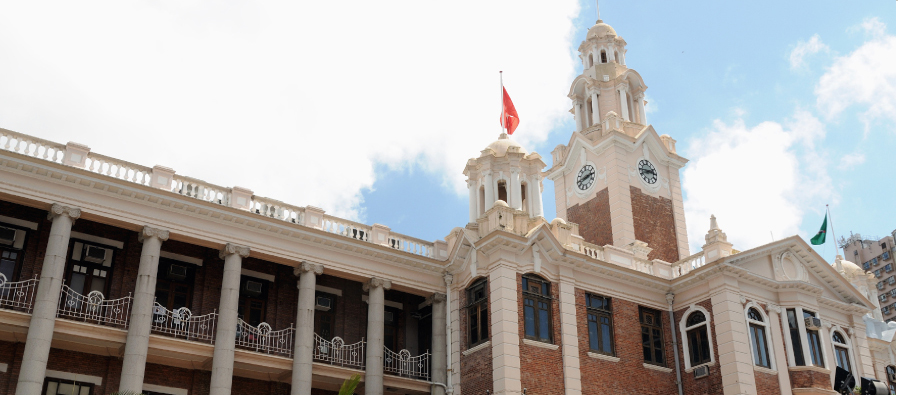There are many good school options available to expatriate families. Regardless of which school you choose, the education is generally of a very high standard.
Each international school is categorized by the type of curriculum system taught, for example American, British, Canadian, French, Australian are the most popular. The type of curriculum systems vary, for example the British and International Baccalaureate system tends to be more advanced in the early years, but by secondary school, the systems seem to even out with the North American system. For example in Secondary School, the way science and mathematics are taught are different to the British system. The North American system breaks studies into topics (e.g., algebra, trigonometry, geometry), whereas the British system covers all topics at a basic level the first year, then becomes more advanced each year. Also, Secondary School in the North American curriculum is devoted to studying one of the three science subjects—chemistry, biology and physics in each year. In comparison, in the British system students are exposed to all three subjects each year at a basic level and then each subject becomes more advanced with every new school year.
Education standards are high in Hong Kong, it is not uncommon for students to be eligible for advanced standing and receive first year credits towards their respective degrees in universities around the world. The International Baccalaureate Diploma is rapidly gaining popularity and is a respected certificate to have when applying to universities in Hong Kong, England, Canada and the United States.
The main language of instruction in the international schools in Hong Kong is English. If your child struggles in English the best thing you can do is start English lessons as soon as you possibly can. It will boost your child’s chances of admission. Mandarin is taught at most international schools at various levels and intensity.
All schools are “private” in the sense that expatriates must apply to each school and pay tuition fees, some of the international schools operate on a debenture system. Debentures are similar to a non- interest bearing bond. In most instances there are two classes of debenture: corporate or individual. The corporate debentures are pricier, but offer a better chance of admission into the school.
Many schools have already issued the maximum number of corporate debentures possible. To get one now, a company must put its name on a waiting list and wait for an existing corporate debenture holder to redeem its holdings.
Personal debentures are issued after a child’s acceptance into the school and are redeemable when the child leaves. In addition to debentures, there are yearly tuition fees that are usually payable a term in advance. With the recent increase in expatriates working in Hong Kong, the biggest challenge student’s face is securing a space in a school. Most schools have long waitlists for entry and your position on the waitlist can be affected by date of application submission. We recommend you start your search as soon as you can, visit the school links provided within this guide or visit http:// hongkong.brookfieldgrs.com for more information on schools in Hong Kong prior to your arrival.
Whichever system you choose for your child, you can rest assured that they will have a cultural exchange that can only enhance their educational experience and help create a global citizen.

Early Childhood Education
Nursery, kindergarten and reception programs concentrate on the ‘learning through play’ ethos. All three systems embrace this philosophy as the cornerstone to the building blocks of education.
Primary Years
The primary years programs will vary from system to system. The major difference is inquiry- based approach to teaching versus knowledge-based approach to teaching. Both methods have positive statements in their favour. The International Baccalaureate is a strong advocate of the inquiry based approach to learning and they believe that it creates lifelong learners equipped with the tools needed for the 21st Century. The curriculum will vary with the educational system. The main concentration, regardless of the system, is consolidating reading, writing and arithmetic. Children shift from ‘learning to read’ to ‘reading to learn’ in the primary years program. A number of established schools here will incorporate mathematics or literacy programs from another country into their curriculum if they feel it is superior to what is on offer in their own system.
Secondary School
The secondary school years are where the different educational systems become diverse. The main purpose of the secondary school years is to prepare your child for university and the International Baccalaureate, British A Levels, French, Australian, American and Canadian diplomas are accepted worldwide.

Universities
Hong Kong provides a wide variety of educational options at the university level. Major institutions include: University of Hong Kong, Chinese University of Hong Kong and Hong Kong Polytechnic.
In recent years the student make-up at these campuses have become increasingly international with many overseas students choosing to study in Hong Kong due to high level of English fluency and the growing role of Asia in the economy.
International Playgroups, Pre-schools and Kindergartens
There are a large variety of pre-school options for children. Whilst pre-schools will take children from all areas, we recommend you make your pre-school choice based largely on location. Majority of children travel to school by school bus and are collected from their homes. Therefore, short travel times are easier for small children to manage. We strongly recommend you visit several schools and apply to all that may interest you as spaces can be limited. Hong Kong pre-schools and Kindergartens generally cater to children 2 to 5.5 years of age in morning and/or afternoon sessions.

